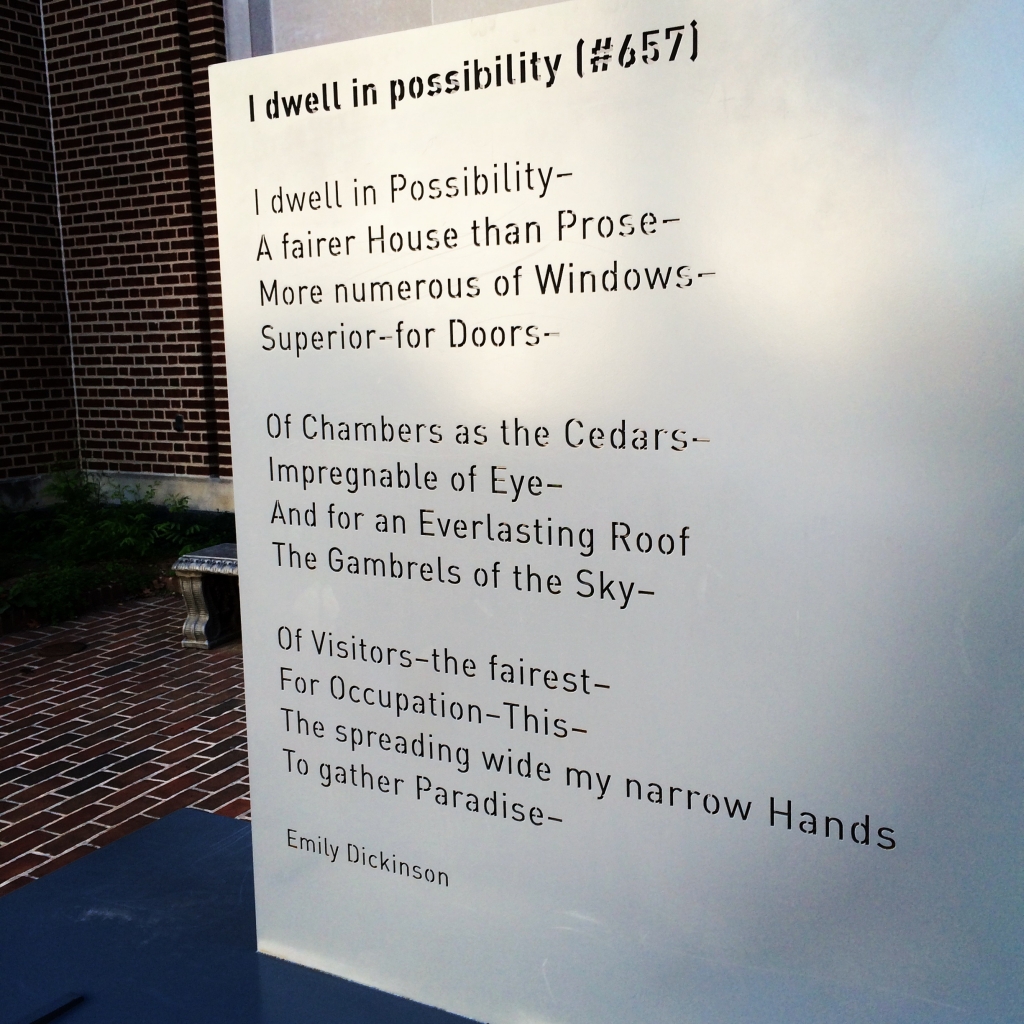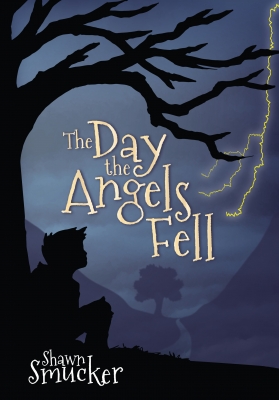
I find myself recommending this book to everyone these days.
“Have you read Erika Morrison’s book Bandersnatch yet?” I ask, but of you course you haven’t, BECAUSE IT COMES OUT TODAY!!! Here’s an excerpt from one of the best books of 2015. Read it. Love it. Go buy it. Tell all your friends about it.
But first let me say this: She asks dangerous questions, friends, questions about the nature of who we are. Proceed with caution.
———–
“In July of 2000, when my husband and I got married, I was the ripe old age of nineteen and he was a seasoned twenty-four. Six months later I found out there was a baby in my belly, not on purpose. Then shortly after, another baby got in my belly not on purpose; then even less shortly after another baby got in my belly not on purpose.
Now, I know what you’re probably thinking: somebody needs to check the date on her birth control! But I promise you that nothing short of a medieval chastity belt with a rusted-shut lock could keep this Fertile Myrtle from getting pregnant. I don’t even trust the vasectomy my . . . never mind, I digress.
When our last boy was born in the left leg of my husband’s pajama pants (I should probably mention I was wearing them) while we rode the elevator up to the labor and delivery floor of Yale-New Haven Hospital, I had just birthed my third baby in three years. I’ll go ahead and do the math for you. I was twenty- three years young with a three-year-old wrapped around my thighs, a sixteen-month-old in one arm, a newborn in the other, and a godforsaken look of “Help!” writ across my face.
It was about this time that, as mentioned in the previous chapter, our marriage dove headlong into mess, we lost our income for too long to hang onto our home, and we experienced religious restlessness and a whole heap of other life challenges. Those early years redefined my own terms for what it meant to be drowning in the lifeblood leaking from every pore on my body. My internal equipment just wasn’t mature and qualified enough for my external reality, a reality that was demanding more of me than I could bear
What happened to me is what some psychologists call an identity crisis, a term coined in the early 1950s by Erik Erikson to refer to a state of confusion and unhappiness over one’s sense of self. If anyone had thought to ask me “Who are you?” in my good and lucid moments—which were few and far between—I could’ve answered with just about nothing.
I don’t know if you’ve ever felt the pain of not knowing who you are or if you feel that pain right now, but what can easily happen in that place of ache is that you start looking at other people, extracting the qualities you like about them, and injecting those qualities into your person as a substitute for what you don’t understand about yourself.
This is no bueno and that was what I did. In my naivete, I saw the people around me as more inherently gifted than I was, so I decided that self-fulfillment meant adopting their God-given gifts as my own. I looked at this person’s way of socializing and that person’s version of hospitality and another person’s artistic expression and began mimicking their nuances. Before I knew any better, I had squeezed my shape into several different ill-fitting molds at once, while cramming my own personhood into a tiny, overlooked corner in the nether regions of my body.
What I didn’t realize at the time was how devastated my spirit would become under the influence of everyone else’s borrowed qualities. Other people’s gifts and character traits are designed to enhance, enrich, and complement our own, but never act as substitute for them.
A healthy sense of self-identity seemed to be a luxury I didn’t have the currency for . . .”
(Excerpt from Erika Morrison’s book, Bandersnatch: An Invitation to Explore Your Unconventional Soul.)
|||
The cardinals make it look so easy. The honeybees make it look so easy. The catfish and the black crow, the dairy cow and the cactus plant, all make being created appear effortless. They arise from the earth, do their beautiful, exclusive thing and die having fulfilled their fate.
None of nature seems to struggle to know who they are or what to do with themselves.
But humanity is the exception to nature’s rule because we’re individualized within our breed. We’re told by our mamas and mentors that–like snowflakes–no two of us are the same and that we each have a special purpose and part to play within the great Body of God.
(If your mama never told you this, consider yourself informed: YOU–your original cells and skin-print, guts and ingenuity–will never ever incarnate again. Do you believe it?)
So we struggle and seek and bald our knees asking variations of discovery-type questions (Who am I? Why am I here?) and if we’re semi-smart and moderately equipped we pay attention just enough to wake up piecemeal over years to the knowledge of our vital, indigenous selves.
And yet . . . even for all our wrestling and wondering, there are certain, abundant factors stacked against our waking up. We feel and fight the low ceiling of man made definitions, systems and institutions; we fight status quo, culture conformity, herd mentalities and more often than not, “The original shimmering self gets buried so deep that most of us end up hardly living out of it at all. Instead we live out of all our other selves, which we are constantly putting on and taking off like coats and hats against the world’s weather.” ~Frederick Buechner
So, let me ask you. Do you know something–anything–of your true, original, shimmering self?
I don’t mean: Coffee Drinker, Jesus Lover, Crossfitter, Writer, Wife, Mama.
Those are your interests and investments.
I do mean: Who are you undressed and naked of the things that tell you who you are?
Who are you before you became a Jesus lover or mother or husband?
Who are you without your church, your hobbies, your performances and projects?
I’m not talking about your confidence in saying, “I am a child of God”, either. What I am asking a quarter-dozen different ways is this: within the framework of being a child of God, what part of God do you represent? Do you know where you begin and where you end? Do you know the here-to-here of your uniqueness? Do you know, as John Duns Scotus puts it, your unusual, individual “thisness”?
I can’t resolve this question for you, I can only ask you if you’re interested.
(Are you interested . . . ?)
Without being formulaic and without offering one-size-fits-all “how-to” steps, Bandersnatch: An Invitation to Explore Your Unconventional Soul is support material for your soul odyssey; a kind of field guide designed to come alongside the moment of your unfurling.
Come with me? And I will go with you and who will care and who will lecture if you wander around a little bit every day to look for your own and only God-given glow
If you’re interested, you can order wherever books and ebooks are sold.
Or, if you’d like to read the first three chapters and just see if Bandersnatch is something for such a time as the hour you’re in, click HERE.
All my love,
Erika









